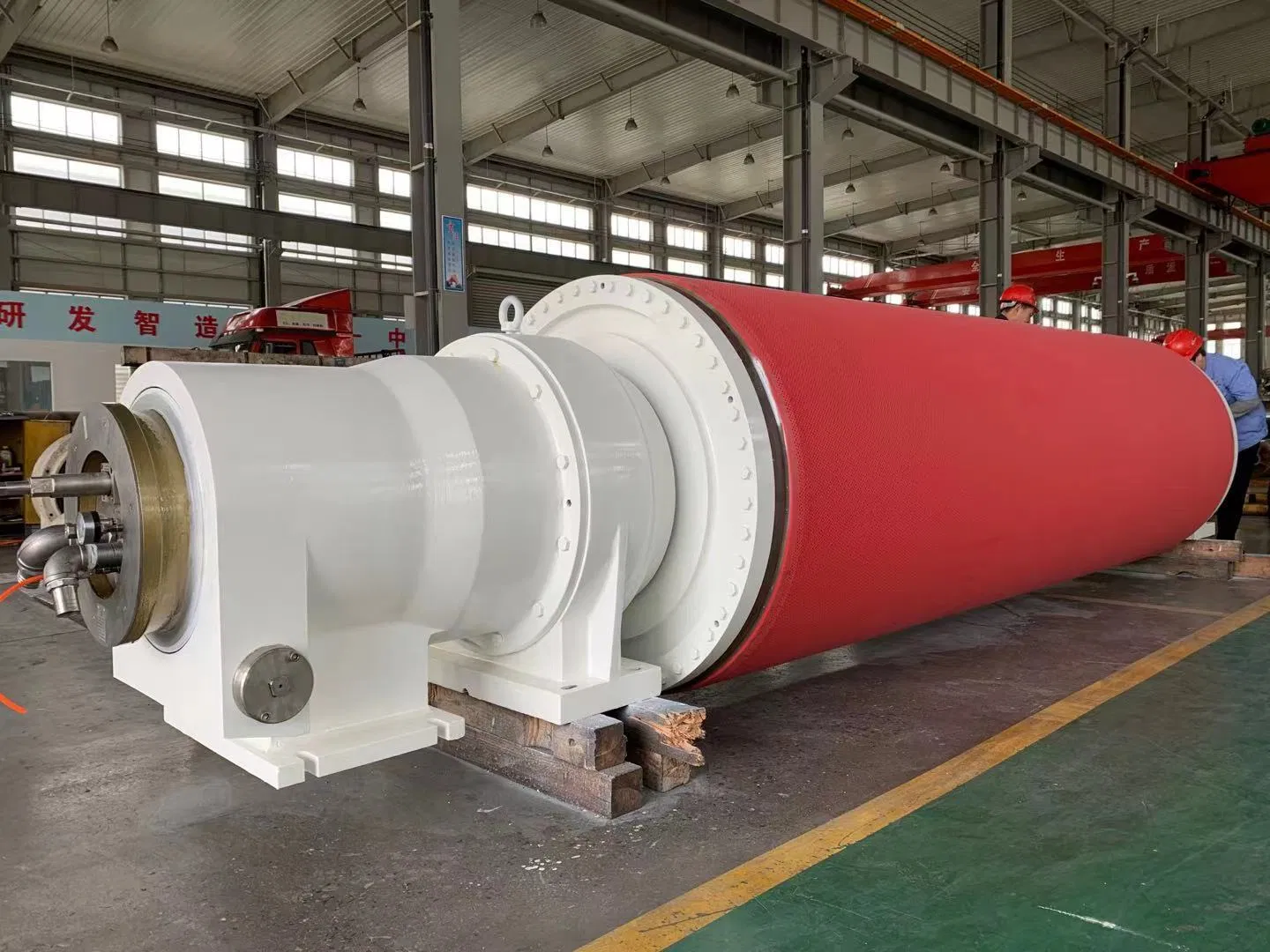
The paper industry, a vital part of our everyday lives, offers a range of career opportunities, from entry-level positions to highly specialized roles. If you're considering a career as a paper maker, understanding the salary expectations is crucial. So, how much do paper makers make a year? The answer, like with many professions, isn't straightforward. Several factors influence a paper maker's annual earnings, including experience, location, education, and the specific job title within the paper manufacturing process.
Let's delve deeper into the specifics of paper maker salaries and the factors that can impact your earning potential.
Factors Influencing Paper Maker Salaries
Experience plays a significant role in determining a paper maker's salary. Entry-level positions typically offer lower salaries compared to experienced professionals. As you gain experience and develop specialized skills, your earning potential naturally increases. Location also matters. Cost of living and demand for paper makers can vary significantly across different regions, influencing the average salary offered.
Educational background also contributes to salary expectations. While a high school diploma or equivalent is often sufficient for entry-level positions, pursuing further education, such as an associate's or bachelor's degree in a related field like chemical engineering or paper science, can open doors to higher-paying roles and faster career advancement.
Finally, the specific job title within the paper manufacturing process also impacts salary. For instance, a machine operator might earn a different salary compared to a quality control specialist or a production supervisor.
Average Salary Ranges for Paper Makers
According to various sources, the average salary for paper makers in the United States ranges from $35,000 to $60,000 per year. Entry-level paper mill worker salary can be on the lower end of this spectrum, while experienced paper makers with specialized skills can earn significantly more, sometimes exceeding $70,000 annually. This range highlights the importance of experience and skill development in maximizing your earning potential within the paper industry.
Remember, these figures are averages, and actual salaries can vary. Factors like company size, benefits packages, and union representation can also play a role.
Pulp and Paper Industry Jobs and Career Advancement
The pulp and paper industry offers diverse job opportunities beyond the traditional "paper maker" role. These include positions in research and development, quality control, maintenance, and management. Exploring these different avenues can open doors to higher salaries and career growth.
So, how can you maximize your earning potential in this field? Consider specializing in a high-demand area, pursuing further education, or gaining valuable experience through internships or apprenticeships.
Maximizing Your Earning Potential
Beyond the basics of experience and education, there are several proactive steps you can take to increase your earnings as a paper maker. Developing specialized skills in areas like process optimization, quality control, or advanced machinery operation can make you a more valuable asset and potentially command a higher salary.
Networking within the industry and staying updated on the latest technologies and trends can also contribute to your career growth and earning potential. So, are you ready to explore the exciting career opportunities in the paper industry?
Regional Salary Variations
Geographic location plays a significant role in paper maker salaries. Regions with a higher concentration of paper mills or a higher cost of living often offer higher salaries to attract and retain qualified professionals. Researching salary trends in your specific region can provide a more accurate picture of your earning potential.
Consider exploring online resources and salary comparison websites to gather region-specific data on paper mill worker salary and paper makers salary.
Paper Manufacturing Jobs: Beyond the Mill
While many paper manufacturing jobs are located within paper mills, opportunities also exist in related industries, such as packaging, printing, and converting. These industries often require similar skills and can offer competitive salaries. Exploring these related fields can broaden your career prospects and potentially increase your earning potential.
Think outside the box and consider how your skills and experience might translate to other areas within the broader manufacturing sector.
Negotiating Your Salary
When you receive a job offer, don't be afraid to negotiate your salary. Research industry standards and know your worth based on your skills and experience. A well-researched and confidently presented negotiation can often result in a higher starting salary and set the stage for future salary increases.
Remember, negotiating your salary is a common practice and a valuable skill to develop in any career.
Have you considered the long-term career prospects in the paper industry and how you can position yourself for success?
The Future of Paper Making and its Impact on Salaries
The paper industry is constantly evolving, with increasing emphasis on sustainability and technological advancements. Staying abreast of these changes and adapting to new technologies can ensure your skills remain relevant and in demand, positively impacting your future earning potential. Continuous learning and professional development are key to staying competitive in this dynamic industry.
Next Steps for Aspiring Paper Makers
If you’re interested in a career as a paper maker, start by researching paper manufacturing jobs in your area and exploring educational programs that align with your career goals. Networking with professionals in the field can provide valuable insights and open doors to exciting opportunities. Taking these proactive steps can help you launch a successful and rewarding career in the paper industry.



